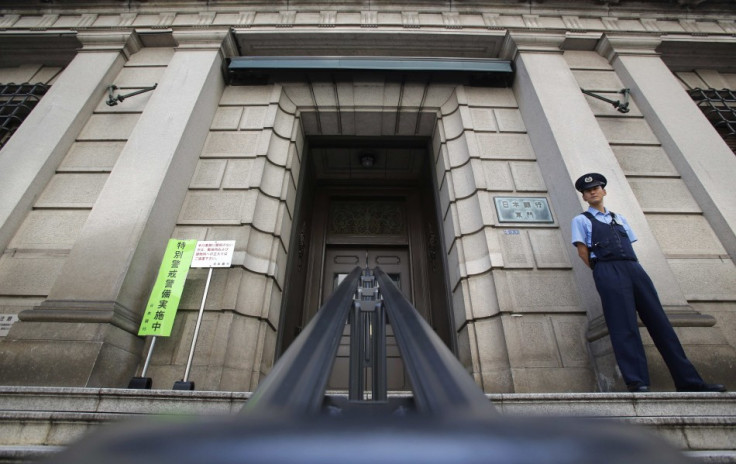Doubts Rise over Bank of Japan's Inflation Target

"A few members said it was tough to achieve 2 percent inflation in the latter half of the forecast period as there is uncertainty over how changes in future inflation expectations will actually push up prices," the minutes said.
Former economists Takahide Kiuchi and Takehiro Sato dissented against the view that Japan, which has been suffering from deflation for 15 years, will reach the inflation target in two years.
They noted that the central bank should have more flexibility in guiding monetary policy, calling on the bank to limit the period for committing to its policy for two years, and review it to see whether it should be sustained. The proposals were voted down in the meeting.
Last month, the central bank unveiled an aggressive $1.4tn (£9.1bn/$13.8bn) stimulus plan in order to reach the target.
The large-scale purchases of government bonds have led to fluctuations in financial markets, according to the dissented members. Sato noted that potential instability remained in the bond market. Despite prompting a gain on stock markets, the massive stimulus programme negatively affected the bond market, with yield on 10-year bonds rising to unusual levels in a year last week. The development has resulted in fuelling investor concerns that the effectiveness of the central bank and its policies are easing.
On 26 May, BoJ Governor Haruhiko Kuroda said that country's financial institutions have enough backing against the losses arising from rises in bond yields, as long as the market moves are driven by economic recovery prospects. He noted that the nation could cope with the rising interest rates, but said the central bank would be vigilant to asset price bubbles and excessive risk-taking by financial institutions.
© Copyright IBTimes 2025. All rights reserved.


















